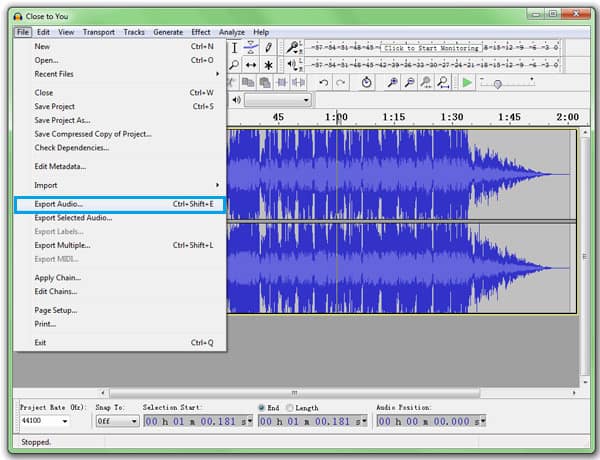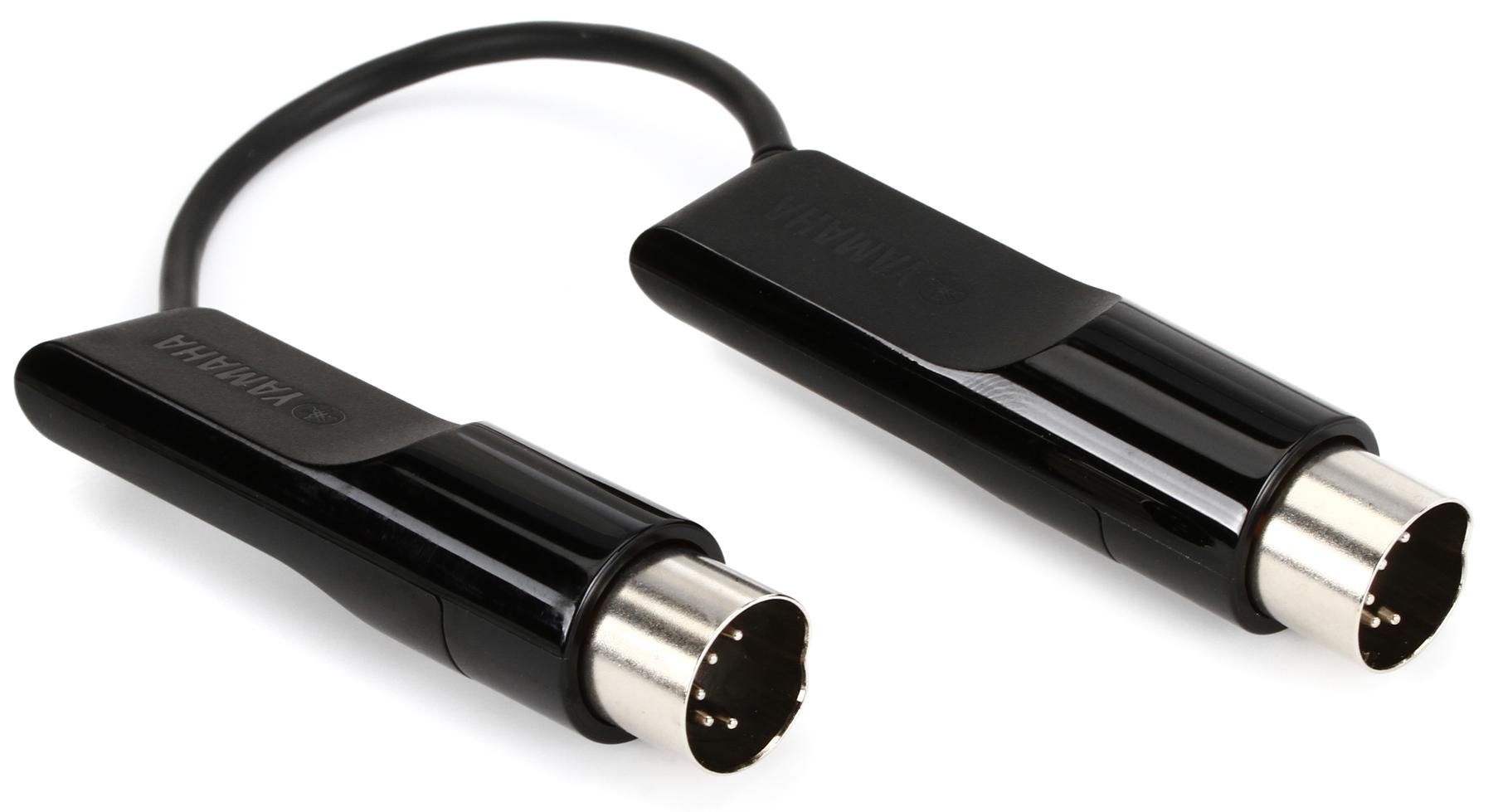Best Audio To Midi Converter V Stream
This is going to be a terrible process at best and utterly impossible most of the time. The problem is that such software has to identify individual musical notes from the audio stream to convert them into MIDI information.
This is complicated by the fact that it also has to identify the the different types of sounds to assign them to different tracks. It is even more complicated by the possibilities of sounds that are not 'on-note', leaving it several ways of conveying that in the MIDI stream. And then you have the problem of non-musical audio, such as singing, which is conventionally not even put into MIDI. You're best bet is to spend time either making your own MIDI tracks, or finding or buying some off the 'net.

FWIW, before the popularity of MP3 ringtones, a lot of 'polyphonic' ringtones for mobile phones were actually MIDI files. I've heard about Waon. However, it gave me a bunch of compiling issues, so I was not able to install it. I did find sonic annotator, developed by Queen Mary, it uses Vamp plugins to extract features (in this case transcribe) and write it to a midi file.
The best top 10 streaming audio/music recorders that can convert any streaming music like Spotify, SoundClound to MP3 (up to 320kbps) on PC. Is there a way to convert audio to midi? //www.youtube.com/watch?v=qBj22Sfu1hA It will take more tweaking with vocals as opposed to an. Cubase 7.5 Tutorial. You can convert you recorded audio files into midi notes, fast and easy.
These plugins could work, however, they will work better if you add a config file (see individual plugin's doc):./sonic-annotator file.wav -d vamp:qm-vamp-plugins:qm-transcription:transcription -w midi./sonic-annotator file.wav -d vamp:silvet:silvet:notes -w midi./sonic-annotator file.wav -d vamp:ua-vamp-plugins:mf0ua:mf0ua -w midi. Use SoX - the Swiss Army knife of sound processing.
Very easy to use. SoX is a cross-platform (Windows, Linux, MacOS X, etc.) command line utility that can convert various formats of computer audio files in to other formats. It can also apply various effects to these sound files, and, as an added bonus, SoX can play and record audio files on most platforms. Example: sox /mypath/my_audio.mp3 /mypath/my_audio.MIDI SoX is very mature project! Here is the link: Here are some examples I googled for you.

SoX v does not support MIDI output. I find support for the following: AUDIO FILE FORMATS: 8svx aif aifc aiff aiffc al amb au avr caf cdda cdr cvs cvsd cvu dat dvms f32 f4 f64 f8 fap flac fssd gsm gsrt hcom htk ima ircam la lpc lpc10 lu mat mat4 mat5 maud mp2 mp3 nist ogg paf prc pvf raw s1 s16 s2 s24 s3 s32 s4 s8 sb sd2 sds sf sl sln smp snd sndfile sndr sndt sou sox sph sw txw u1 u16 u2 u24 u3 u32 u4 u8 ub ul uw vms voc vorbis vox w64 wav wavpcm wve xa xi PLAYLIST FORMATS: m3u pls AUDIO DEVICE DRIVERS: coreaudio – Sep 6 '14 at 19:19 •.
MP3 to MIDI Wave to MIDI AIFF to MIDI Very frequently asked questions on the MP3 and MIDI Forums are 'How can I convert MP3 to MIDI or WAVE to MIDI?' And 'Is it possible to convert MP3 to MIDI? Curl Devel Mingw Gcc there. ' Here we are going to tell the difference between MP3 and MIDI formats and how to convert one to another.
Primarily let us note that MP3, as WMA, OGG and others, are just compressed Wave files. Wave files contain the record of sound pressure on microphone diaphragm depending on time.
This type of record gives no information about an object producing sound, whether it's a musical instrument, human voice or a noise of a waterfall. This presentation is universal but has a number of peculiarities. Windows Vista Ultimate 32 Bit Full Tek Link Indir more. First, it doesn't allow to edit components of sound (for instance, it's impossible to replace sounds of one instrument by sounds of another instrument or to change the words pronounced etc). Moreover, these components cannot be determined and divided automatically.
The considerable size of a file, even compressed to MP3 or WMA format, is another disadvantage. Try our MP3 to MIDI converter for free! Download now: As we speak about musical records, it's quite difficult to recognize from an orchestra record, which instruments have been sounded and which notes have been played. When an orchestra plays a piece, it uses the musical score, that is a record of what and when should be played by which instrument. The orchestra is 'converting' score commands to sound, and MIDI synthesizer is doing the same thing. MIDI file received at synthesizer's input (for instance, a mobile phone playing ringtone) contains the commands ordering which notes should be played at which moment.
Synthesizer is executing commands and there's a sound at the output - that is a sound wave similar to one contained in a Wave or MP3 file. Backward conversion from MP3 to MIDI or from Wave file to MIDI is much more complex and generally requires work of a professional musician listening to a record and selecting notes. This work is complicated and diligent. Nevertheless, there is a method of simplifying music recognition even for the people without musical education. With the help of special algorithms which analyze musical record, it's possible to determine pitch and loudness of sounding notes. These algorithms serve as a basis for the.